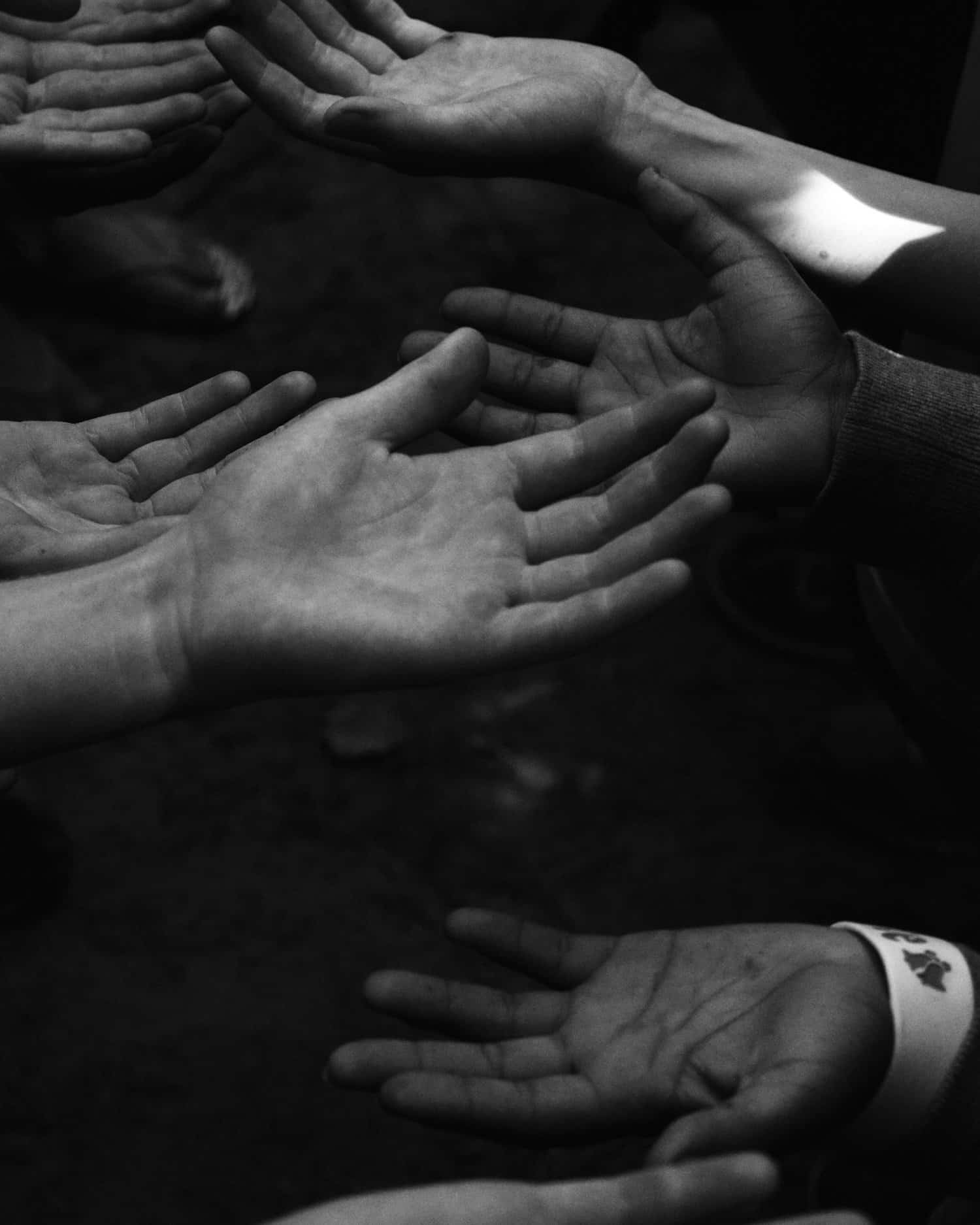
Becoming a Swan
Domestic violence and sexual assault are crucial yet often overlooked topics. Media distortions and abuses of power by authority figures contribute to the misrepresentation and neglect of these serious issues. This week, I had the privilege of collaborating with Mercy Ellan, host of the Beauty in the Ugly Podcast. Mercy, a Nigerian podcaster known for her engaging discussions on love, relationships, and more, joined me to address intimate partner violence and its warning signs.
In our conversation, we delve into the typical patterns of such relationships and offer guidance on how to support oneself or a loved one who may be affected. We also explore the signs of sexual abuse and provide advice on how to approach a suspected victim or manage these situations. This is a vital discussion you won’t want to miss. Listen below for more insights and information.
Tools for Overcoming Abusive Relationships:
-
Recognize the Signs: Educate yourself about the signs of abuse, including emotional manipulation, physical violence, and controlling behaviors.
-
Create a Safety Plan: Develop a plan that includes a safe place to go, emergency contacts, and a way to leave quickly if needed. This plan should be discreet and ready to use in case of an emergency.
-
Seek Support: Reach out to trusted friends, family members, or support groups who can offer emotional and practical support. Talking to others can provide perspective and encouragement.
-
Access Professional Help: Contact a therapist or counselor specializing in trauma and abuse. Professional support can help you navigate your emotions and create strategies for healing and moving forward.
-
Utilize Hotlines and Resources: Use available hotlines and resources for immediate assistance and information. Organizations such as the National Domestic Violence Hotline can provide support and resources.
-
Establish Boundaries: Learn to set and maintain clear boundaries to protect your well-being. This might include limiting contact with the abuser and asserting your needs in relationships.
-
Focus on Self-Care: Prioritize activities and practices that support your physical and mental health. Self-care is crucial for recovery and regaining a sense of control.
-
Educate Yourself: Understand the dynamics of abusive relationships and the process of recovery. Knowledge empowers you to make informed decisions and recognize unhealthy patterns.
These tools can help you or someone you care about overcome the challenges of abusive relationships and work towards a healthier, safer future.





